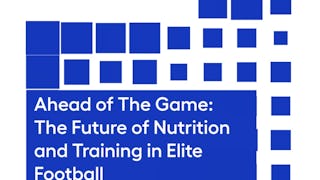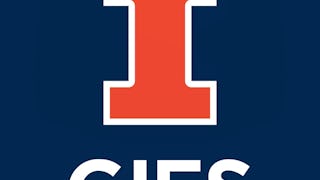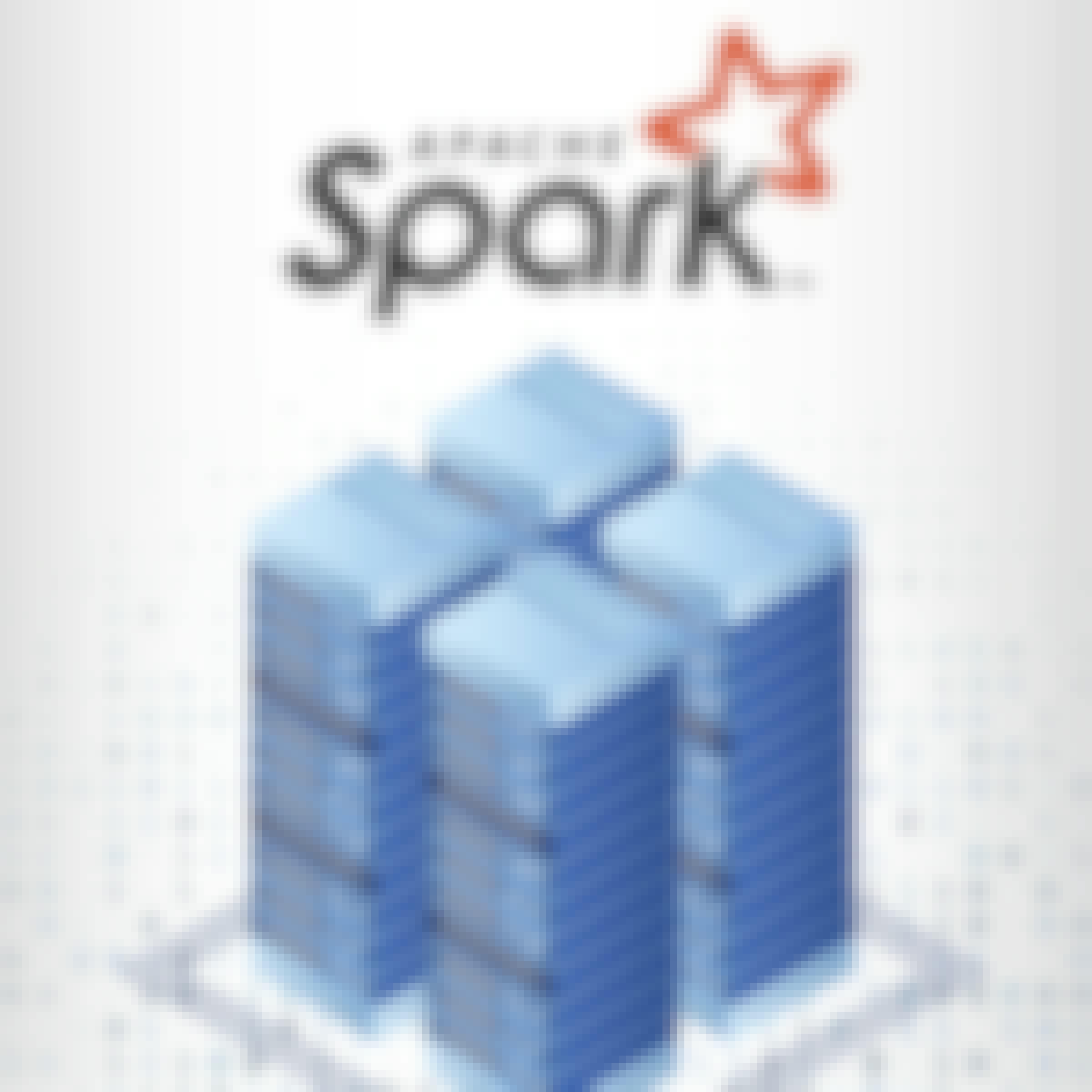- Browse
- Next Generation Sequencing
Next Generation Sequencing Courses
Next Generation Sequencing courses can help you learn DNA sequencing techniques, data analysis methods, and bioinformatics applications. You can build skills in variant calling, quality control, and interpretation of genomic data. Many courses introduce tools like FastQC for quality assessment, Bowtie for alignment, and GATK for variant discovery, showing how these skills are applied in research and clinical settings.
Popular Next Generation Sequencing Courses and Certifications
 Status: Free TrialFree TrialR
Status: Free TrialFree TrialRRice University
Skills you'll gain: Immunology, Public Health, Anatomy, Molecular Biology, Infectious Diseases, Medical Terminology, Cell Biology, Biochemistry, Microbiology, Biology
4.7·Rating, 4.7 out of 5 stars1.8K reviewsIntermediate · Course · 1 - 3 Months
 Status: NewNewStatus: Free TrialFree TrialR
Status: NewNewStatus: Free TrialFree TrialRReal Madrid Graduate School Universidad Europea
Skills you'll gain: Leadership, Collaboration, Nutrition and Diet, Precision Medicine, Sports Medicine, Performance Analysis, Meal Planning And Preparation, Data Management, Climate Change Adaptation, Adaptability, Athletic Training, AI Personalization, Communication, Cognitive flexibility, Real Time Data, Environmental Science, Technology Solutions, Health Technology
Beginner · Course · 1 - 4 Weeks
 Status: NewNewStatus: PreviewPreviewB
Status: NewNewStatus: PreviewPreviewBBoard Infinity
Skills you'll gain: Social Media Content, Content Performance Analysis, Brand Awareness, Social Media Strategy, Brand Management, Performance Analysis, Instagram
Beginner · Course · 1 - 4 Weeks
 Status: Free TrialFree TrialK
Status: Free TrialFree TrialKKennesaw State University
Skills you'll gain: Sales Prospecting, Prospecting and Qualification, Sales Process, Overcoming Objections, Selling Techniques, Verbal Communication Skills, Sales, Cold Calling, Sales Presentation, B2B Sales, Sales Strategy, Customer Relationship Building, Needs Assessment, Sales Pipelines, Solution Selling, Communication, Consumer Behaviour, Lead Generation, Rapport Building, Relationship Management
4.8·Rating, 4.8 out of 5 stars92 reviewsBeginner · Specialization · 3 - 6 Months
 Status: NewNewStatus: Free TrialFree Trial
Status: NewNewStatus: Free TrialFree TrialSkills you'll gain: Content Performance Analysis, Google Gemini, Generative AI, Content Strategy, Content Marketing, AI Workflows, ChatGPT, Google Analytics, AI Product Strategy, Responsible AI, Content Creation, Metadata Management, Customer Insights, Market Intelligence, Ethical Standards And Conduct
Beginner · Specialization · 3 - 6 Months
 Status: NewNewStatus: PreviewPreviewU
Status: NewNewStatus: PreviewPreviewUUniversity of Illinois Urbana-Champaign
Skills you'll gain: Emerging Technologies, Business Transformation, Strategic Leadership, Business Ethics, Energy and Utilities, Technology Strategies, Sustainable Technologies, Strategic Thinking, Innovation, Biotechnology, Business Strategy, Systems Thinking, Commercialization, Artificial Intelligence, Cybersecurity
Beginner · Course · 1 - 4 Weeks
 Status: Free TrialFree TrialB
Status: Free TrialFree TrialBBerklee
Skills you'll gain: Intellectual Property, Entrepreneurship, Music History, Contract Negotiation, Fundraising and Crowdsourcing, Creativity, Team Building, Creative Thinking, Presentations, Innovation, Brand Strategy, Professional Networking, Lawsuits, Self-Starter, Music, Branding, Open Mindset, Revenue Management, Social Media, Business
4.8·Rating, 4.8 out of 5 stars3.4K reviewsBeginner · Specialization · 3 - 6 Months
 Status: PreviewPreviewT
Status: PreviewPreviewTTel Aviv University
Skills you'll gain: World History, European History, Social Studies, International Relations, Political Sciences, Public Safety and National Security, Demography, Cultural Diversity
4.6·Rating, 4.6 out of 5 stars811 reviewsBeginner · Course · 1 - 4 Weeks
 L
LLearnQuest
Skills you'll gain: Artificial Intelligence and Machine Learning (AI/ML), Model Deployment, Microsoft Azure, Python Programming, Machine Learning, Machine Learning Algorithms, Data Science, Image Analysis, Computer Vision, Natural Language Processing, Application Programming Interface (API)
4.4·Rating, 4.4 out of 5 stars978 reviewsAdvanced · Course · 1 - 3 Months
 Status: Free TrialFree Trial
Status: Free TrialFree TrialSkills you'll gain: Generative AI, Large Language Modeling, PyTorch (Machine Learning Library), Transfer Learning, Embeddings, Natural Language Processing, Text Mining, Applied Machine Learning, Performance Tuning
4.5·Rating, 4.5 out of 5 stars130 reviewsIntermediate · Course · 1 - 4 Weeks
 Status: Free TrialFree Trial
Status: Free TrialFree TrialSkills you'll gain: Apache Hadoop, Apache Spark, PySpark, Apache Hive, Big Data, IBM Cloud, Kubernetes, Docker (Software), Scalability, Data Processing, Development Environment, Distributed Computing, Performance Tuning, Data Transformation, Debugging
4.4·Rating, 4.4 out of 5 stars466 reviewsIntermediate · Course · 1 - 3 Months
 Status: Free TrialFree TrialM
Status: Free TrialFree TrialMMichigan State University
Skills you'll gain: Design Thinking, Ideation, Innovation, Market Opportunities, Creative Thinking, Creativity, Entrepreneurship, Product Development, Resource Planning, Market Research, Customer Insights, User Research, Decision Making
4.6·Rating, 4.6 out of 5 stars314 reviewsMixed · Course · 1 - 4 Weeks
In summary, here are 10 of our most popular next generation sequencing courses
- Fundamentals of Immunology: Innate Immunity and B-Cell Function: Rice University
- Ahead of The Game: The Future of Nutrition and Training: Real Madrid Graduate School Universidad Europea
- Hootsuite for Beginners: Hands-On Social Media Management: Board Infinity
- Professional Selling: 3 Steps to High-Performance: Kennesaw State University
- Generative Engine Optimization (GEO): Edureka
- Navigating Disruption in Energy, Biology, Quantum, and Space: University of Illinois Urbana-Champaign
- Music Business: Berklee
- The History of Modern Israel - Part I: From an Idea to a State: Tel Aviv University
- Developing AI Applications on Azure: LearnQuest
- Generative AI Language Modeling with Transformers: IBM










